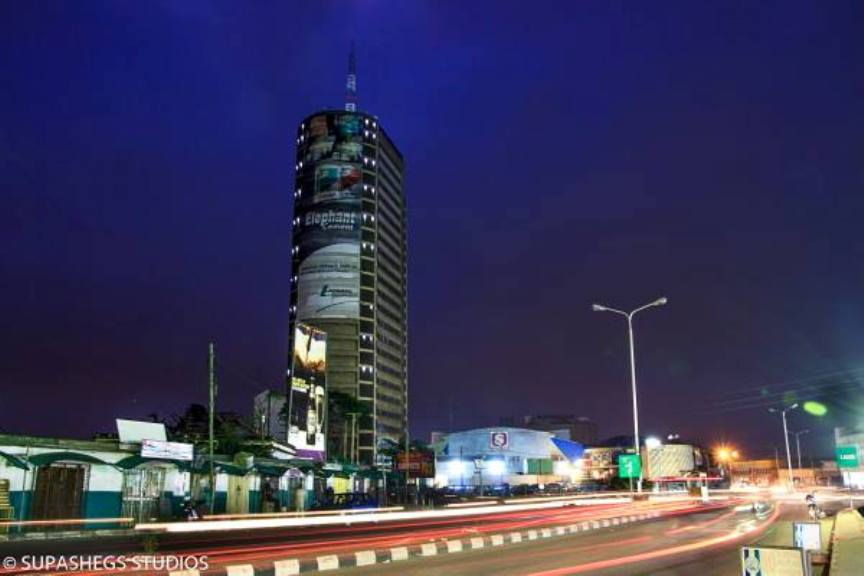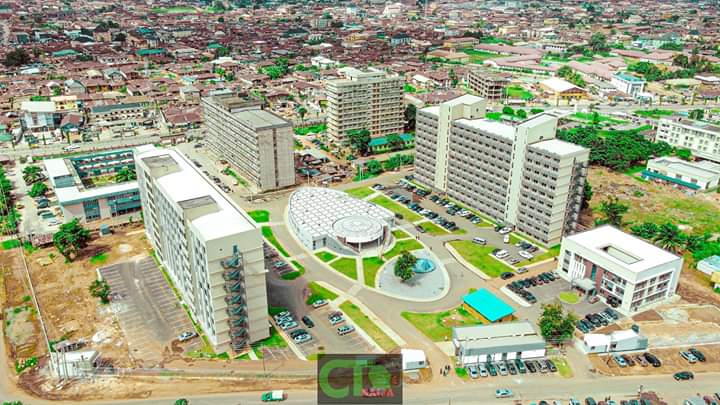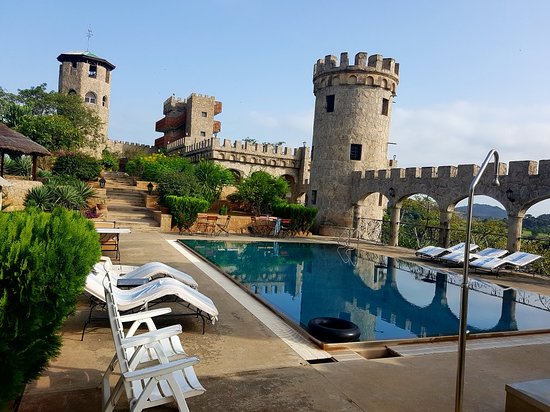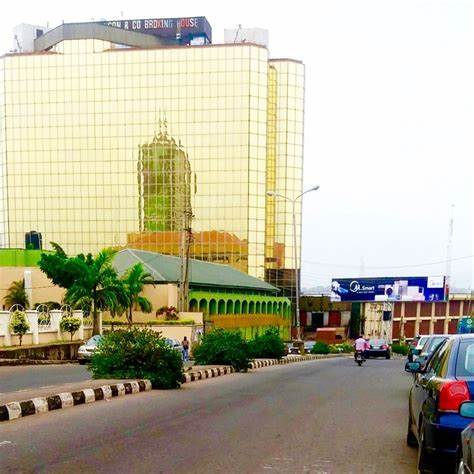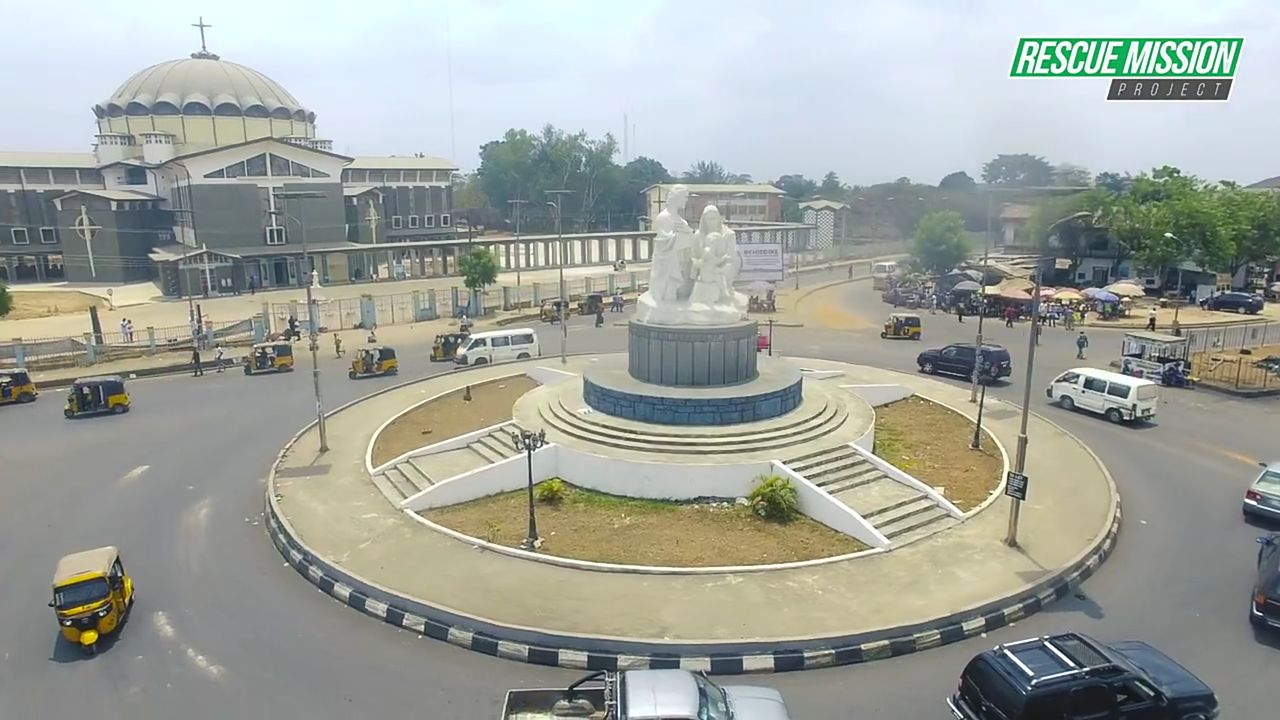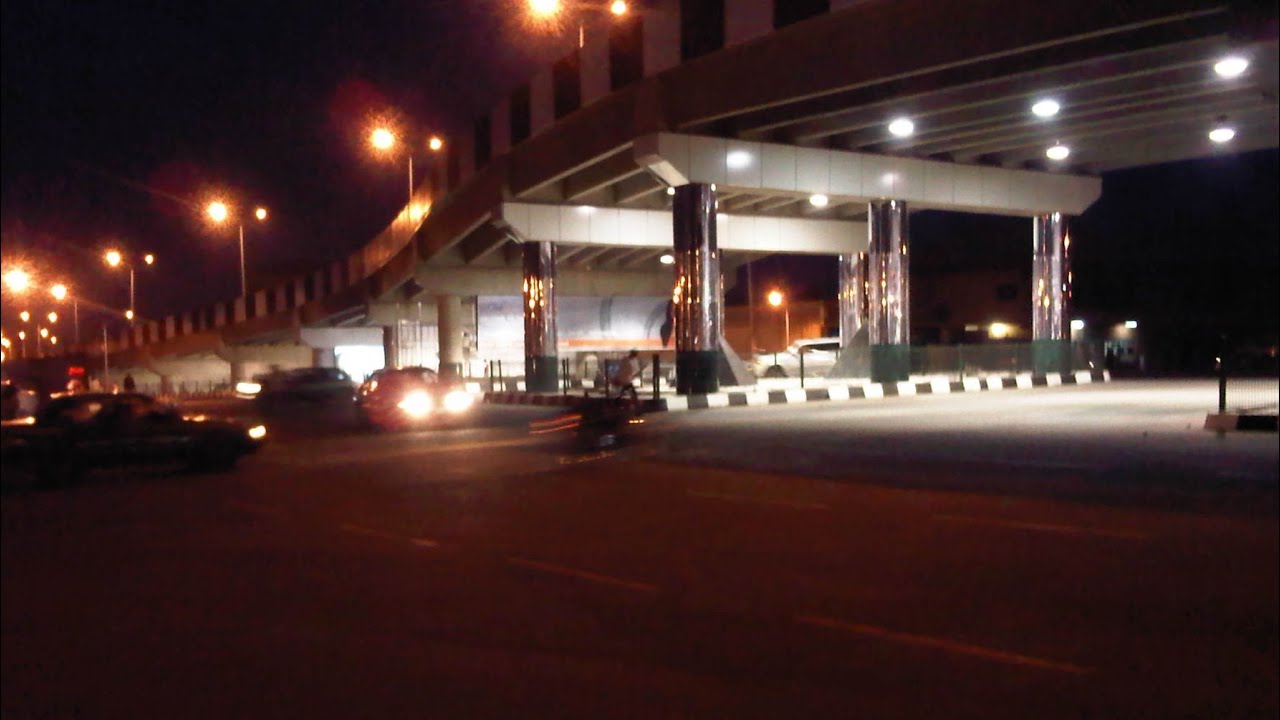
1. Lagos
Lagos is Nigeria's economic and commercial center. It's famous for its vibrant culture, bustling markets, and lively nightlife. The city offers beautiful beaches like Bar Beach and Lekki Beach, historical sites such as Freedom Park and the National Museum, and the entertainment district of Victoria Island. Lagos is a melting pot of cultures, with a diverse population and a thriving arts and music scene. click here.!
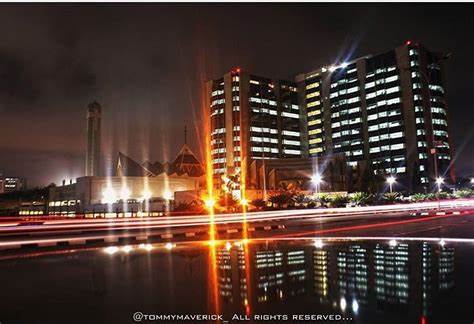
2. Abuja
Abuja became Nigeria's capital in 1991. It's known for its well-planned layout, modern infrastructure, and government institutions. Key landmarks include the Aso Rock, the Presidential Complex, National Mosque, and the Nigerian National Christian Centre. Abuja also offers green spaces like Millennium Park and cultural sites like the Abuja Arts and Crafts Village. click here.!

3. Kano
Kano is a historic city known for its ancient city walls and gates. It's a center for traditional crafts such as leatherworking and dyeing. The city boasts historical sites like the Emir's Palace, Gidan Makama Museum, and Kurmi Market. Kano's Dala Hill offers a panoramic view of the city, and its bustling markets showcase local culture and trade. click here.!
